12 Amazing Health Benefits Of Lily Of The Valley
Learn how this beautiful flower can benefit your skin and overall health.
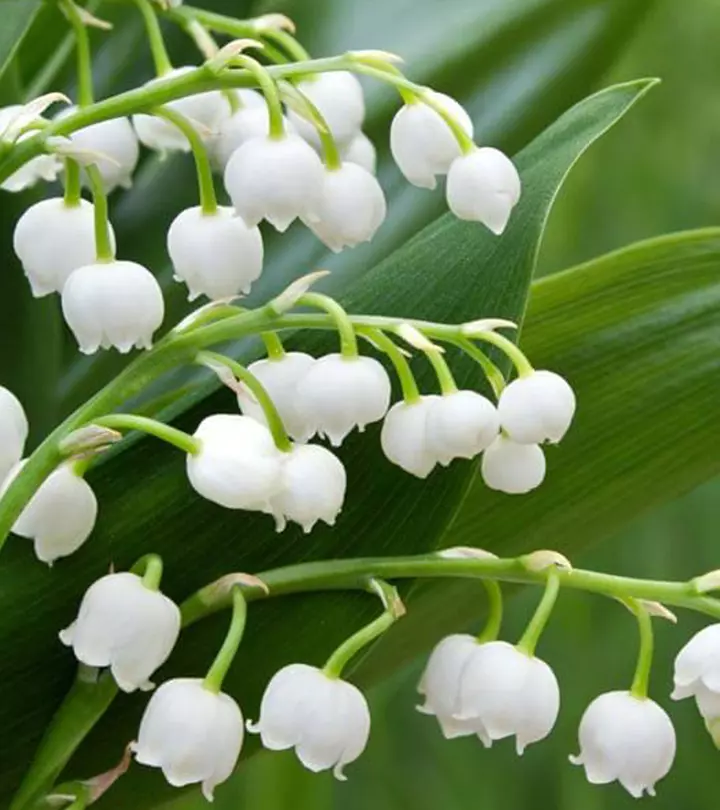
Image: Shutterstock
Lily of the valley are flowers native to North Asia, England, and North America. They are scientifically known as Convallaria majalis.
There are many different types of lilies, but they all contain similar compounds that provide similar health benefits. One of the most common types of lilies is the lily of the valley. It contains high levels of flavonoids, which are antioxidants that protect cells from damage caused by free radicals. Free radicals are unstable molecules that cause harm to cells. Antioxidants help prevent free radical damage by donating electrons to free radicals.
 Know Your Ingredient: Lily of the Valley
Know Your Ingredient: Lily of the ValleyWhat Is It?
A perennial flowering plant native to Europe and Asia cultivated as an ornamental plant.
What Are Its Benefits?
May help treat UTIs, improve digestion, aid depression management, and promote heart health.
Who Can Use It?
Mostly safe for all except pregnant women. If you take certain medications for any health conditions, please consult your doctor before consumption.
How Often?
Can be used topically as required, however, consumption should be done as recommended by a physician.
Caution
Excess amounts may lead to accidental poisoning. If you use beta-blocker drugs, lanoxin, quinidine, digoxin, and calcium salts or are pregnant, avoid it.
In This Article
Nutritional Information
Lily of the Valley contains two glycosides – Convallamarin, which has a diuretic action, and Convallarin, which has purgative action. It also contains flavonoids, saponins, citric acid, malic acid, essential oil, and Cardenolides. Apart from these, Convallatoxins, Convalluside, and Convallatoxol are also found in these pretty flowering plants.
Key Takeaways
- Lily of the valley may help treat fever, asthma, and memory loss.
- It is a good source of antioxidants that help combat free radicals in the body.
- Lily of the valley also has purgative and laxative properties that may help boost digestive health.
- Excessive use of this herb can cause abdominal pain and dehydration.

Top 12 Health Benefits Of Lily Of The Valley

Lily of the Valley is antispasmodici A medication or any substance that reduces involuntary muscle spasms and may relieve stomach cramps. , diuretic, emetic, laxative, purgative, cardiac tonic, sedative and antipyretic by nature. It is mostly used in the form of tea, tincture, extract, infusion and essential oil.
The famous seventeenth-century botanist and physician Nicholas Culpeper said that “It, without doubt, strengthens the brain and renovates a weak memory. The distilled water dropped into the eyes helps inflammations thereof. The spirit of the flowers, distilled in wine, restoreth lost speech, helps the palsy, and is exceedingly good in apoplexy, comforteth the heart and vital spirits.” High words of praise indeed! Some of the benefits that we can derive from these herbal plants are:
Benefits For Skin
1. Reduces Scars:
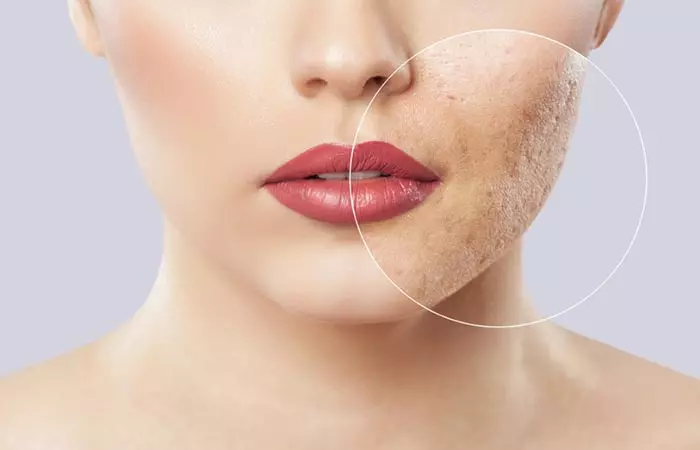
An ointment made of lily of the valley is used for treating burns and other wounds without leaving any scars. It is also helpful in healing the scar tissues quickly and effectively.
Anecdotal evidence suggests that an ointment made of lily of the valley is used for treating burns and other wounds without leaving any scars, thanks to its anti-inflammatory and healing properties.
2. Lightens Skin Tone:
The flowers of this herb are infused with water to prepare a tonic called Aqua Aurea which might be really effective for optimal skincare. This tonic has been used for skin lightening since medieval times. It acts as a skin astringenti Any agent or chemical that may contract tissues by removing water from them. They are often used in cosmetics to reduce excess oiliness. too.
Benefits For Health
3. Heart Diseases:
Lily of the valley is known as a cardiac tonic. This herb is safer for the treatment of heart ailments of elderly people than digitalis or foxglove. It is combined with hawthorn and motherwort for these purposes.
It also helps to treat valvular heart disease, cardiac debility, dropsy and congestive heart failure. The flavonoidsi A class of organic compounds that have antioxidant benefits and may help reduce inflammation and prevent diseases. present in the herb stimulate the arteries and help in the dilation oof blood. Flavonoids also have anti-inflammatory properties, which may further support heart health by reducing inflammation in the blood vessels (1). Its diuretic properties help in lowering the blood pressure level.
It is also useful in the treatment of arrhythmiai It is an irregular, abnormally rapid, or slow heartbeat, that happens when the electrical impulses in the heart don't function properly. as it increases the muscular action of the heart while at the same time slowing down and regulating the heartbeat rate.
4. Mental Problems:

Legends say that if a person puts the oil of the lily of the valley on his forehead, it could impart common sense to him! Now, without being superstitious, we can safely say that the oil of this flower does help ease mental problems. The essential oil of lily of the valley is used in aromatherapy to treat headaches, depression, and melancholy.
It can also be used to treat memory loss, apoplexy and epilepsy. It is used to strengthen the brain cells and improve the cognitive processes of the brain.
 Fun Fact
Fun Fact5. Treatment Of Chronic Lung Diseases:
This herb is used for the treatment of Chronic Obstructive Pulmonary Diseases (COPD) like emphysema and asthma. It is also used to make medicines for pulmonary edema, which if not treated leads to congestive heart failure.
6. Treatment Of Angina Pectoris:
Lily of the valley is used to lessen chest pain caused by spasms of the coronary arteries and by lack of oxygen in the heart muscle.
7. Antipyretic Properties:

Lily of valley decreases heat production in the body by reducing circulation rate. It is also used to treat fever.
8. Treatment Of Urinary Tract Infection:
The tincture prepared with lily of valley flowers is used to treat UTI as it cleans obstructions from the urethra.
9. Keep Digestion Healthy:
This herb is known to be used as a substitute for aloes because of its purgative and laxative qualities. This in turn keeps the body’s digestive process smooth.
10. May Help With Depression:

Aromatherapy helps relieve the symptoms of depression. Many people use the lily of the valley to relax their minds, reduce anxiety, and boost their moods. It helps them to feel better.
11. May Improve Sleep Quality:
It may also help improve sleep quality. Sleep disorders occur when a person does not get enough restorative sleep. When someone has poor sleep quality, they may wake up tired and groggy. Using the lily of the valley helps to promote healthy sleep patterns.
12. Other benefits:
Other benefits of the lily of the valley include:
- Breaks down kidney stones.
- Prevents water retention in the body.
- Reduces pain associated with joint problems like gout and rheumatism.
- Treats conjunctivitis.
- Essential oil is used to treat paralysis, shock, and speech loss.
- Helps to treat leprosy and swelling.
- Treats poisoning and alcoholism by causing vomiting.
Caution – Side effects
Like many other herbs, lily of valley is also found to be poisonous if not used in right quantity. First consult your doctor before using the plant and use it under her guidance only.
Some of the side effects of the lily of the valley are:
- Excessive use of the herb can lead to gastrointestinal irritation and dehydration.
- This herb should not be mixed with beta blocker drugs, lanoxin, quindine, digoxin and calcium salts.
- Can cause abdominal pain.
- Overdose can even lead to cardiac failure.
- Red berries of the plant are highly poisonous and should never be consumed.
- Should never be consumed during pregnancy and lactation as it can affect the baby.
Charna, a blogger, used to make tincture and flower crowns using lily of the valley. She writes, “I certainly don’t mean to sound nonchalant, but I’m here to tell you I’ve spent hours stripping lily flowers from stems and leaves by hand, and I’ve lived to tell [the tale]. I’ve also spilled a good deal of the tincture on my hand (clumsy!) and didn’t experience any hallucinations, dizziness, diarrhea or death, all of which are listed as possible side effects (i).”
Never use this herb as a replacement for your regular medication. And always consult an expert before you go all natural. Nature has the answers but it is important to use the right answers instead of endangering our health.
 Quick Tip
Quick TipExcessive use of the lily of the valley may lead to side effects. But how much of it is too much? Let us find out in the next section.
Dosage Information
There is no reliable information on the right dosage of the lily of the valley. Anecdotal evidence suggests you can take 600 mg of liquid lily of the valley extract divided three times daily orally. If it is in the form of a tincture, you may have three dosages of 6 g per day. The dosage for dried extract is around 150 mg/day. Always consult your doctor before taking these doses.
Infographic: 5 Incredible Health Benefits Of Lily Of The Valley
Lily of the valley is a herbaceous plant with mild fragrance, essential nutrients and medicinal properties that aid digestion and help fight depression. We have rounded up the 5 incredible health benefits of this beautiful flower in the infographic below.
Some thing wrong with infographic shortcode. please verify shortcode syntaxLily of the valley is said to exude a sweet-scented aroma. Its scent can also make it a great ingredient in a perfume. The benefits of this miracle of nature, the lily of the valley, are attributed to its laxative, diuretic, purgative, sedative, antipyretic, and antispasmodic properties. It works the best as a cardiac tonic and may help treat heart ailments and lower blood pressure. Lily of the valley essential oil has its applications in aromatherapy too and is often used to treat depression, headache, apoplexy, and epilepsy and stimulate your memory. This herb may also ease chest pain caused due to spasms of coronary arteries and is good for digestion and lung conditions like asthma. Moreover, it may lighten your skin and treat wounds/injuries without leaving scars. However, lily of the valley does have a few side effects, and it can be poisonous if not used in the right quantities.
Frequently Asked Questions
What is the traditional use of Lily of the Valley in various cultures?
Traditionally, the lily of the valley has been used for its medicinal and therapeutic properties. Anecdotal evidence suggests that many cultures have used it for generations to promote awareness, serenity, and optimism. It is said that this lovely flower can banish negative thoughts and draw luck and good fortune to anyone who sees it. The herb is also included in bridal bouquets and accessories in many cultures to symbolize joy and prosperity in marriage. However, what’s truly fascinating is that some cultures even use it as a talisman to repel misfortune and evil forces, adding a layer of intrigue to its cultural significance.
Does Lily of the Valley have any anti-aging properties?
Krutika Nanavati, RDN, says, “Despite some historical medicinal uses, no scientific evidence directly links Lily of the Valley to anti-aging benefits. Existing research is limited and inconclusive.”
Can lily of the valley be used to treat or prevent specific health conditions, such as diabetes or cancer?
Krutika says, “The potential risks of toxicity far outweigh any unproven benefits in treating conditions like diabetes or cancer. Avoid self-treating with this plant for any health concerns. Consult a healthcare professional or licensed nutritionist for evidence-based treatment plans for managing specific health conditions.”
Can I grow Lily of the Valley in my garden?
Yes, you can grow the lily of the valley in your garden. For best results, grow it in moist yet well-drained soil. Krutika adds, “Lily of the Valley can be grown at home, but remember – all parts of the plant are highly toxic due to cardiac glycosides. Keep away from children and pets, and wear gloves when handling.”
Is lily of the valley used in medicine?
Not yet. Despite its many bioactive compounds, its use in medicine has been confined to folk remedies for heart disorders and urinary tract infections.
Is lily of the valley toxic to humans?
Yes. If consumed in excess amounts, it may cause accidental poisoning due to the presence of the cardiac glycoside convallatoxin.
How should the lily of the valley be stored and prepared for use?
A: The lily of the valley is a delicate and fragrant flower that should be stored in a cool, dry location out of sunlight. Before use, the flowers should be washed thoroughly and the stems should be trimmed to about six inches.
Can Lily of the Valley be used in cooking?
No, the lily of the valley cannot be used in cooking as it contains toxic compounds and can cause side effects if consumed in large quantities.
How is the lily of the valley used in perfumes and fragrances?
The flowers of the lily of the valley are distilled, and this solution is mixed with other ingredients to use in perfumes and fragrances.
Can I grow Lily of the Valley in my garden?
Yes, you can grow the lily of the valley in your garden. For best results, grow it in moist yet well-drained soil.
Illustration: Amazing Health Benefits Of Lily Of The Valley
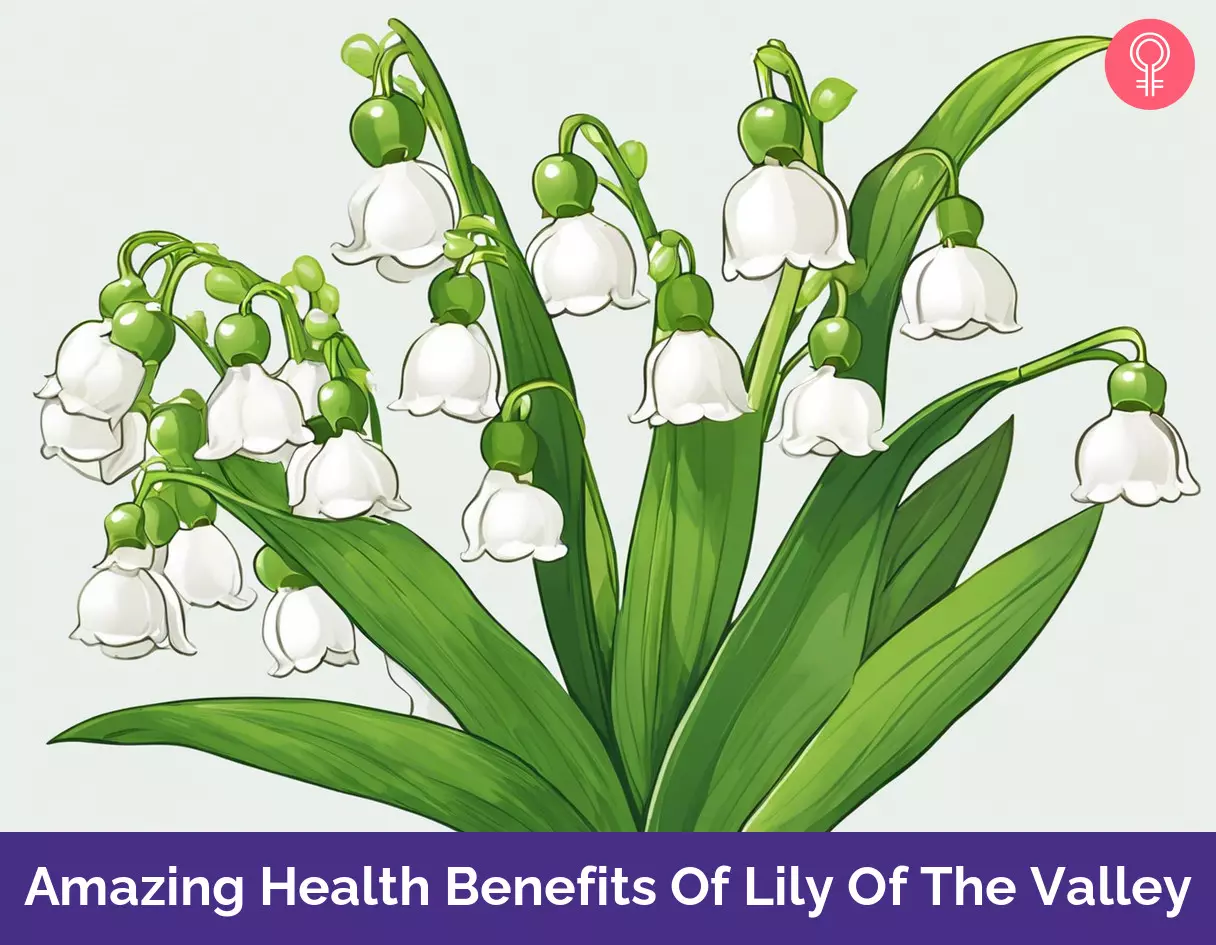
Image: Stable Diffusion/StyleCraze Design Team
Learn more about the beautiful and invasive lily of the valley. Discover in this video the best soil, sunlight, and watering techniques to ensure success.
Personal Experience: Source
StyleCraze's articles are interwoven with authentic personal narratives that provide depth and resonance to our content. Below are the sources of the personal accounts referenced in this article.
i. Lilac Love and Lily Liabilityhttps://providenceperfume.blogspot.com/2011/05/lilac-love-and-lily-liability.html
References
Articles on StyleCraze are backed by verified information from peer-reviewed and academic research papers, reputed organizations, research institutions, and medical associations to ensure accuracy and relevance. Read our editorial policy to learn more.
- The effects of flavonoids in cardiovascular diseases
https://pmc.ncbi.nlm.nih.gov/articles/PMC7571023/
Read full bio of Reda Elmardi
Read full bio of Tanya Choudhary
Read full bio of Ravi Teja Tadimalla
Read full bio of Himanshi Mahajan





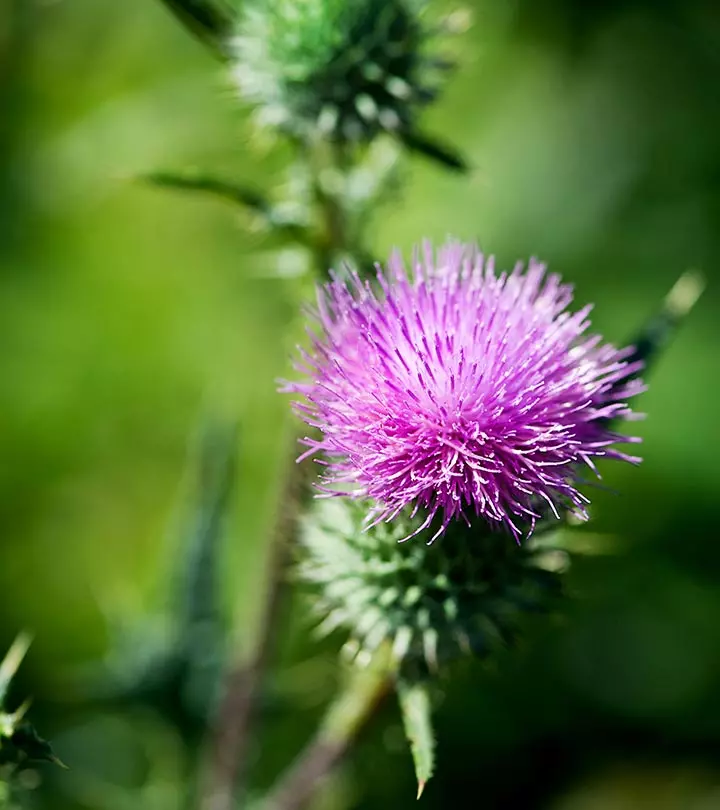
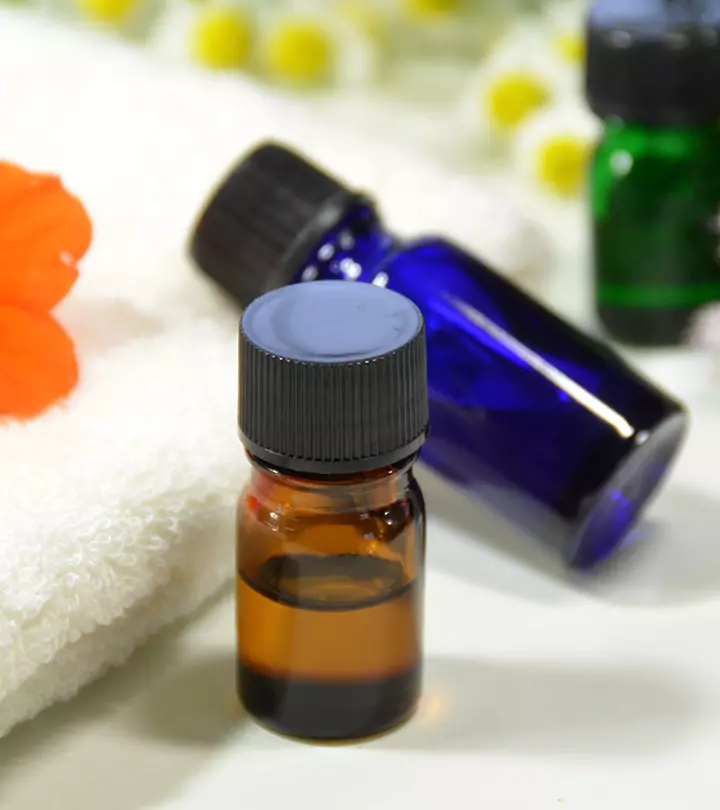
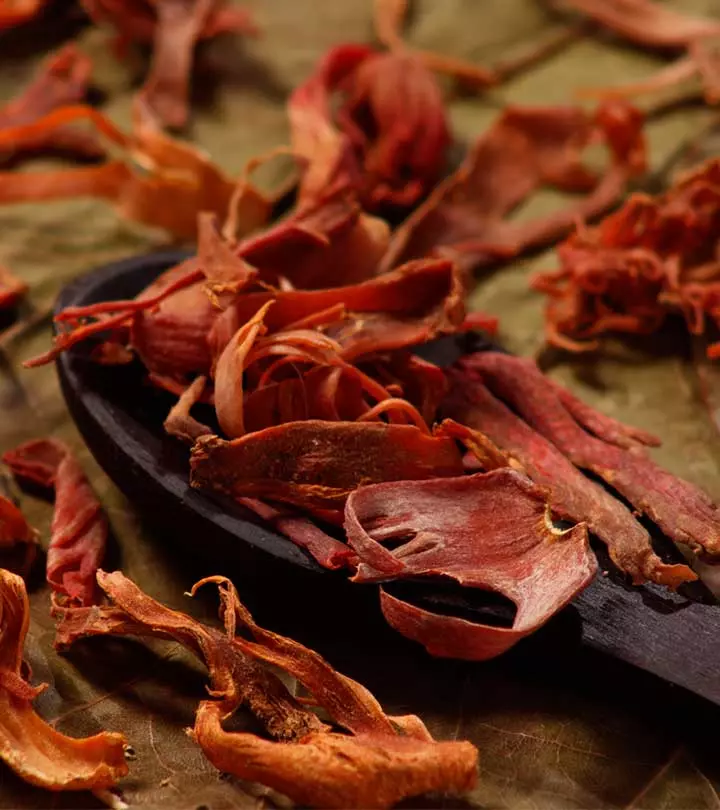
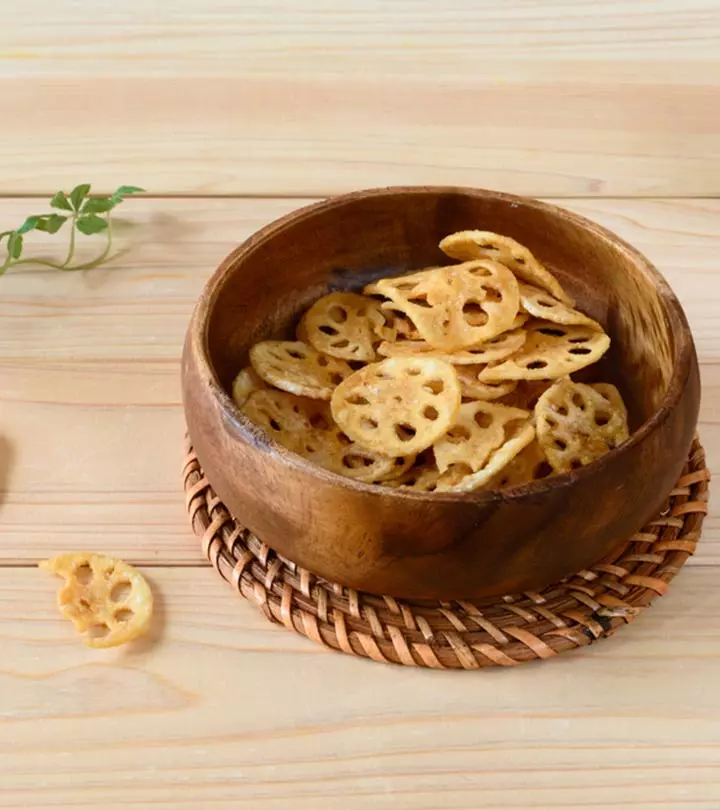
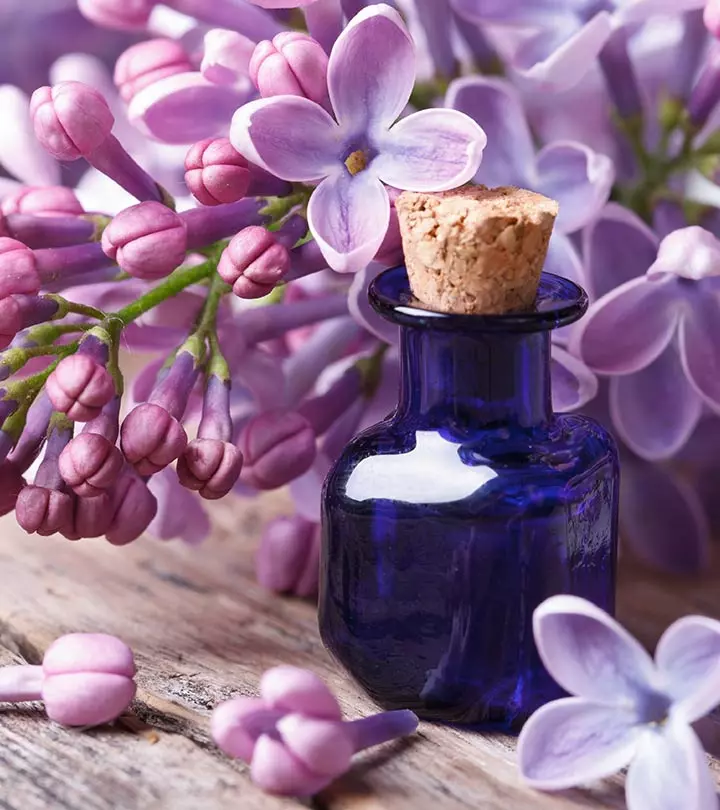
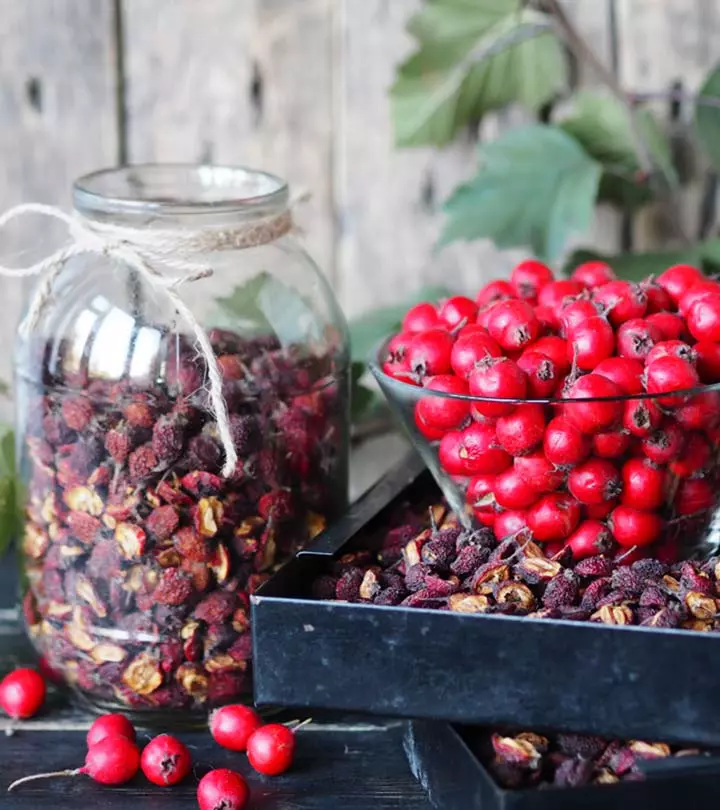
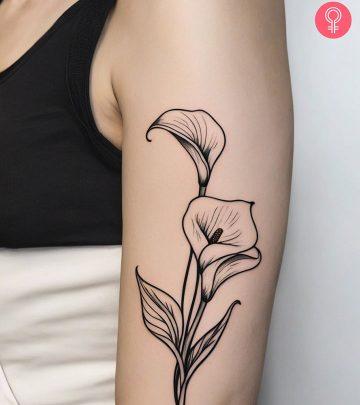
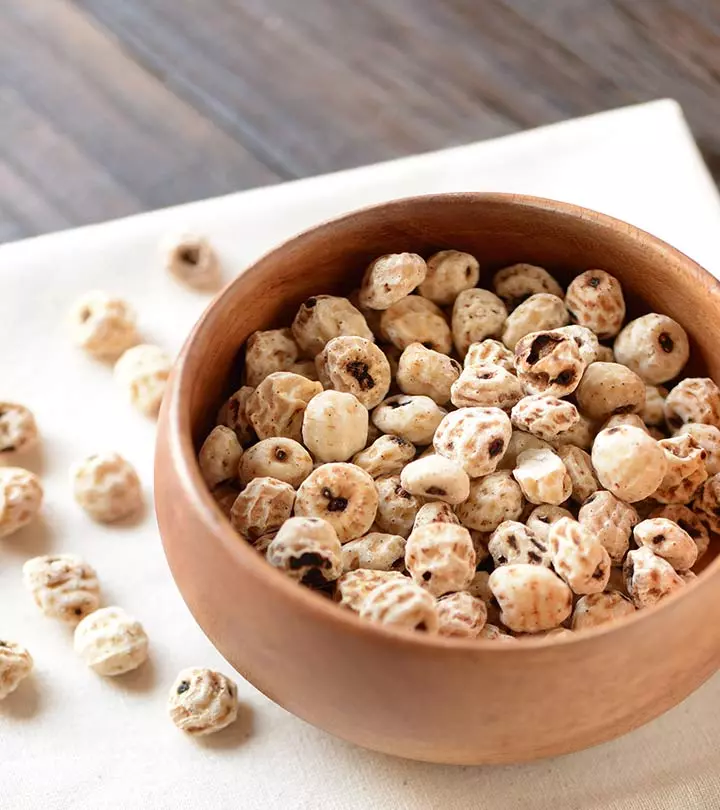
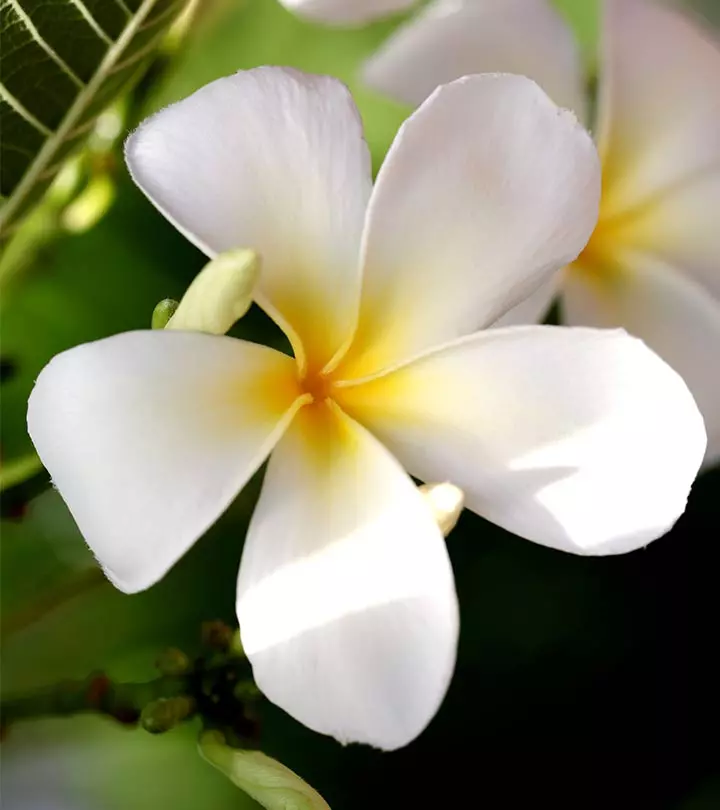
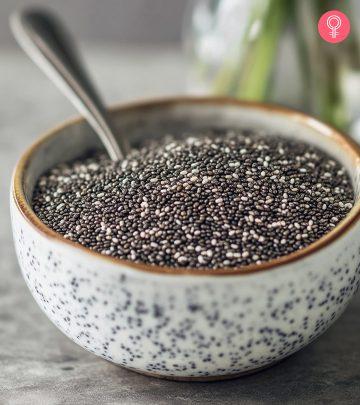
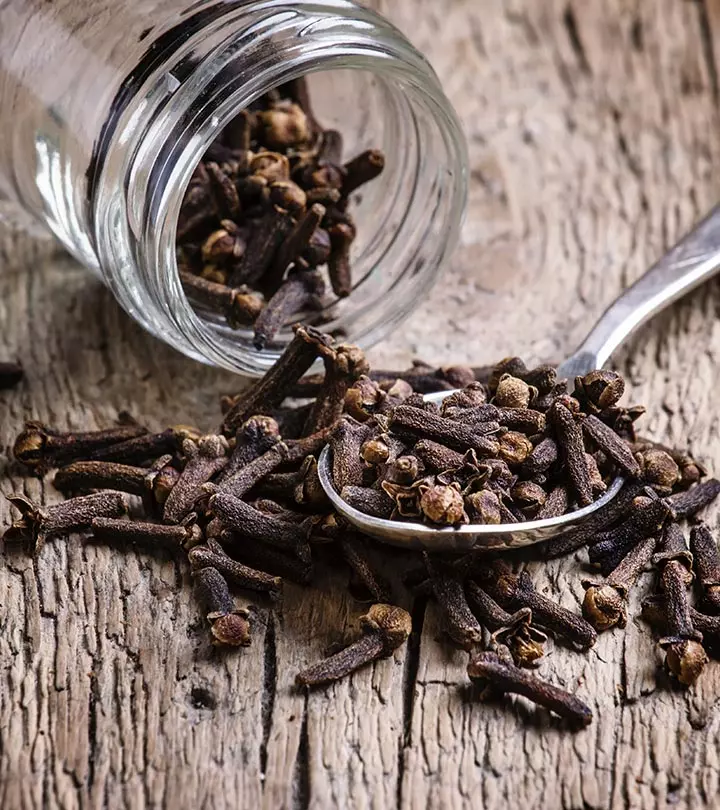
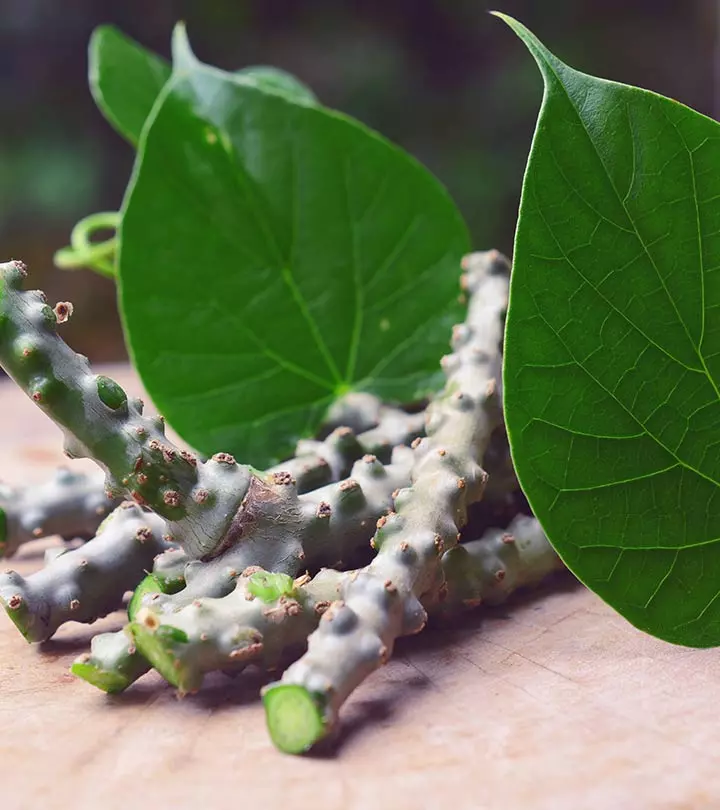
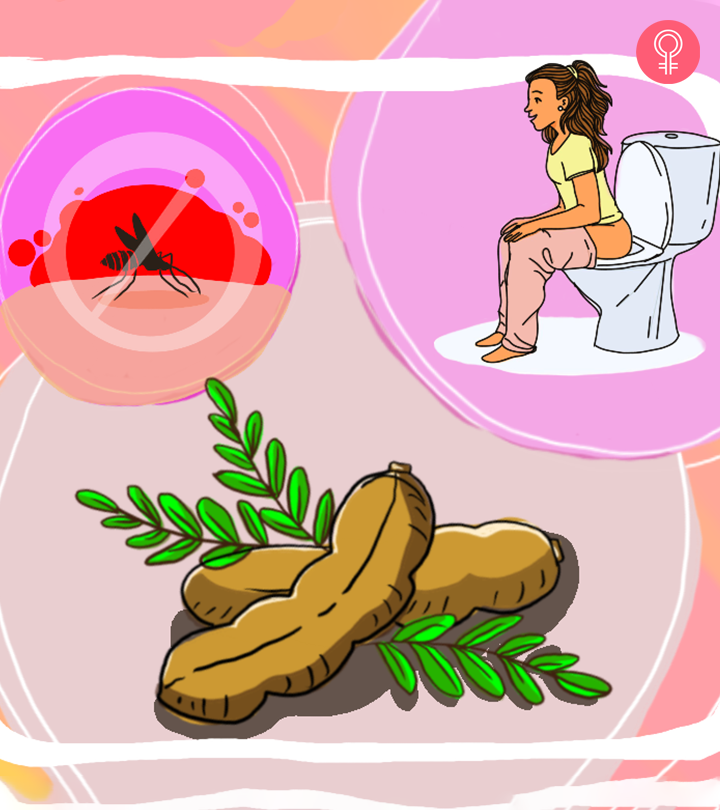
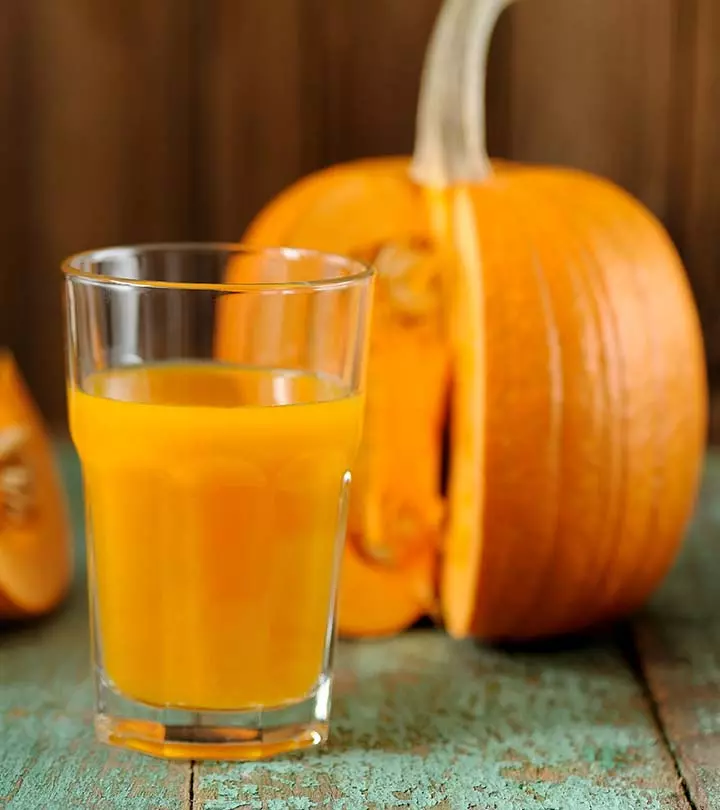

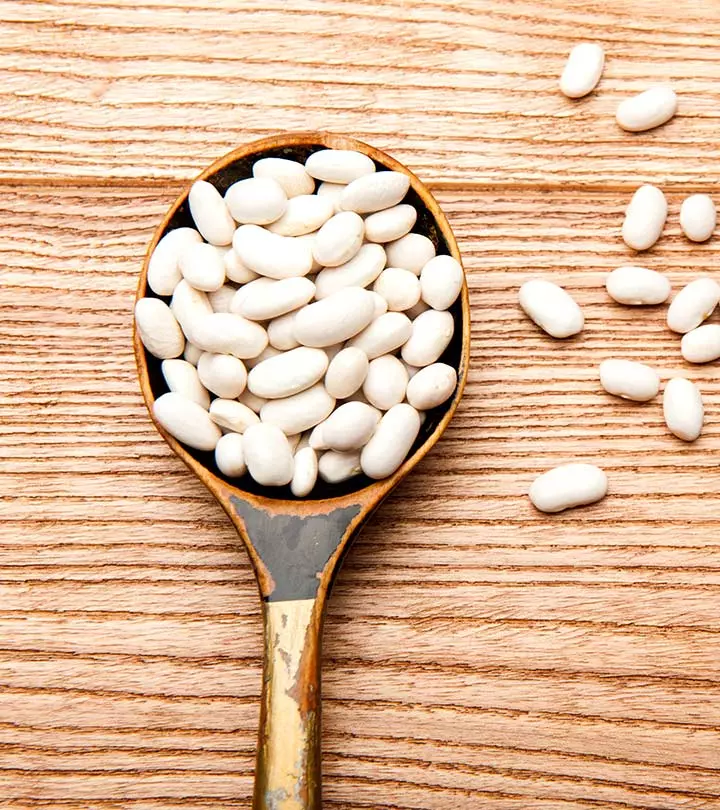
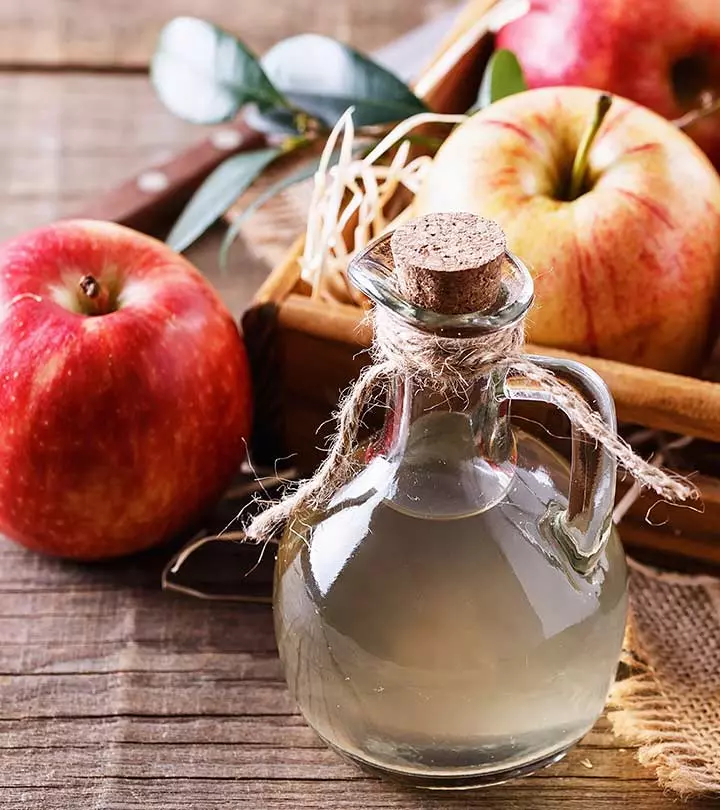
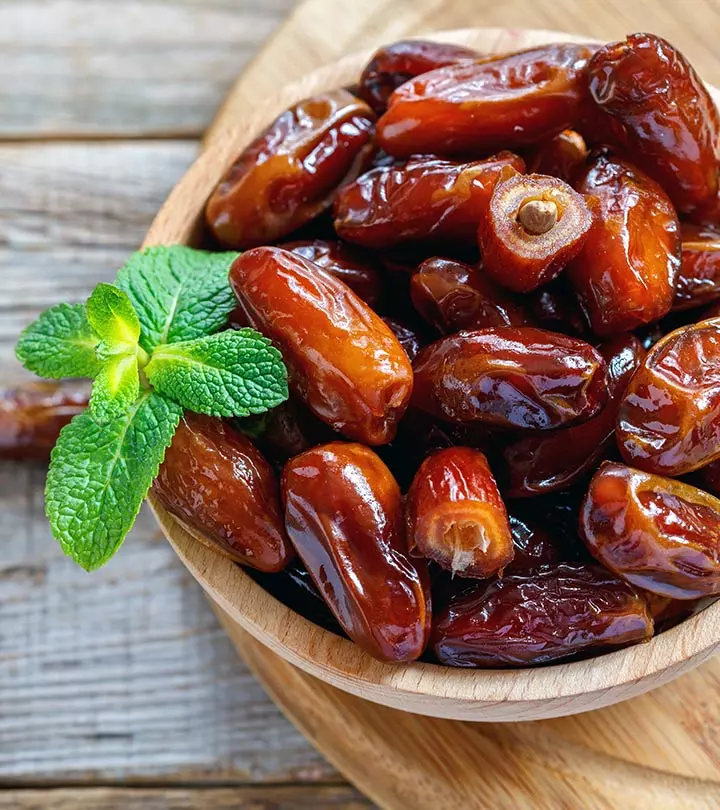
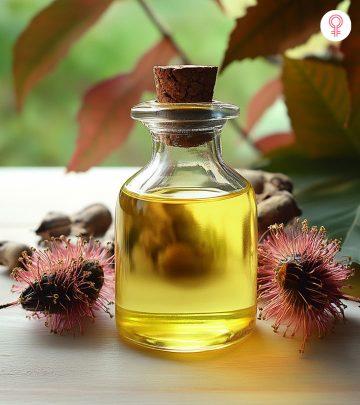
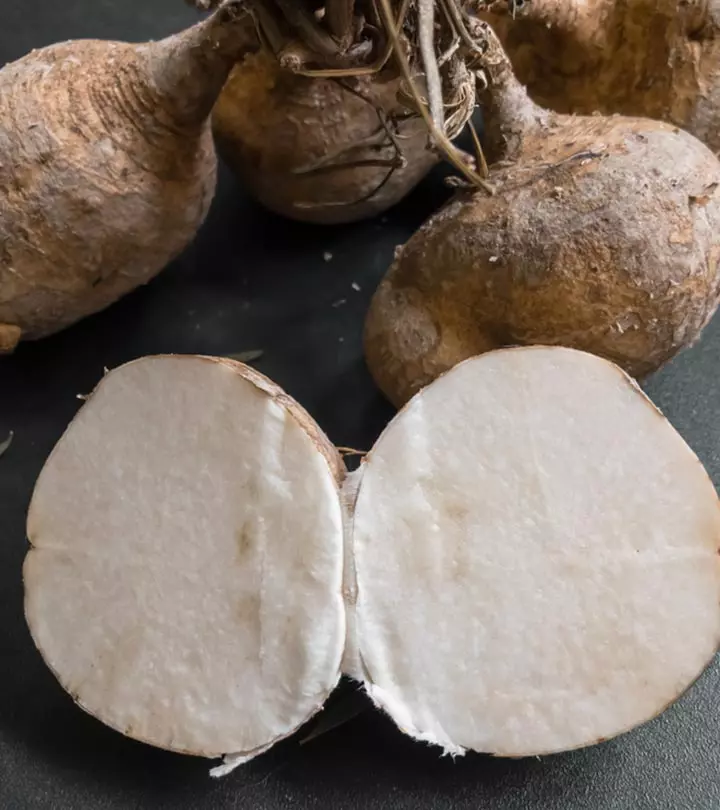
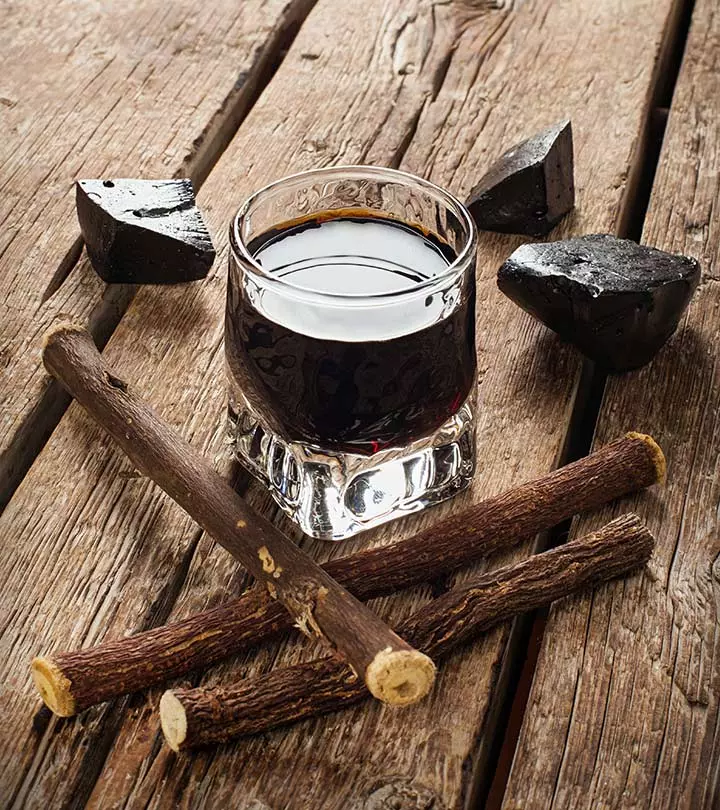
Community Experiences
Join the conversation and become a part of our empowering community! Share your stories, experiences, and insights to connect with other beauty, lifestyle, and health enthusiasts.